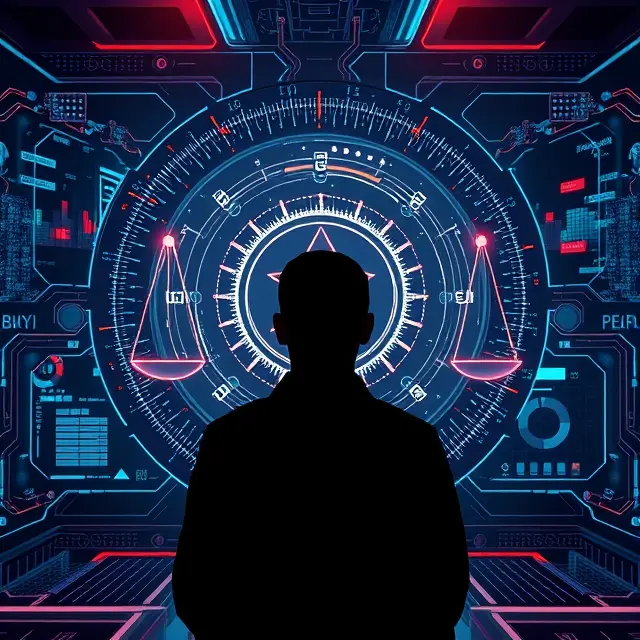Future Technology ‘Eye Tracking’
Eye tracking is a technique for following the eyeball (especially the cornea). It is a type of sensor technology that detects the presence of a user or person and follows what they see. The device with which this technology works is called ‘Eye Tracker’.
Eye Tracker usually has one or more cameras, light sources and computing capabilities. Eye Trackers project light to the eye using invisible near-infrared or near-infrared light and a high definition camera. It then records the direction in which the light is reflected from the cornea.
Eye tracking technology is associated with ‘data systems’, which contain important information such as the position of the eyeball, the type of blink or the subtle movement of the eye. This information is then converted into relevant data through algorithms, machine learning and image processing. And it allows you to record exactly where a person is looking at a scene and create a visual map accordingly.
Different types of eye tracking technology
There are 3 types of eye tracking technology. They are screen-based, wearable and webcam.
No separate hardware is required for a screen-based eye-tracking device to work. And this device can be controlled remotely. In this case, the person whose eyes will be tracked, sits in front of a screen. A panel or unit is attached somewhere below or near the screen. The person is then shown on the screen multimedia content such as pictures, websites, videos or games. Going to see these contents creates excitement in the eyes of the person. Through this the information of his eye movements is recorded and analyzed.
Basically programmers or researchers use screen-based method of eye tracking. They carry out statistical research by collecting information related to the vision of the common people.
Wearable eye-tracking technology includes eye-tracking specs and virtual reality (VR) headsets. These devices are equipped with cameras and microphones to capture the surroundings. Since the person is wearing these devices, he can move around naturally while tracking. That’s why this method is ideal for researching human behavior in a variety of real situations, such as shopping, sports, interacting with others, and using the media while shopping in shopping centers or super shops.
Unlike the other two systems, Webcam Eye Tracker has no sensors. It also does not have infrared light beam or any special camera. Instead, it relies entirely on images obtained from a webcam attached to a computer. The algorithm then determines the position and direction of the user’s head and eyes. Webcam tracking is an ideal method for large-scale research that requires results in a very short time. As such, this method is used during product design.
Let’s take a look at some of the things that can be done using eye tracking technology.
1. Market research
Eye tracking provides unbiased and detailed information on any subject. That’s why the technology is useful for market researchers and advertisers. For example, when consumers look at a product, store, or package on the go, information can be gathered and researched through eye-tracking technology. The technology can also provide valuable information about the customer’s experience towards any platform, service or store.
2. Scientific research
Scientists are also using eye-tracking technology for valuable information on various topics such as learning type, physical condition or behavior. The technology is also being used to identify symptoms of people with Alzheimer’s, Parkinson’s or Autism.
Similarly dyslexia and other reading or learning complications are being identified using eye tracking.
3. Video games and entertainment
Eye tracking technology is also used for entertainment purposes.
Its use can be seen more in video games. When ‘haptic feedback’ technology is added to it, eye tracking allows users to feel as if they are really in the game.
To understand ‘haptic feedback’, one needs to understand ‘haptic technology’. Also known as ‘Haptic Technology’ and ‘3D Touch’. It is a technology that can create a touch experience by applying force, vibration or motion to the user.

